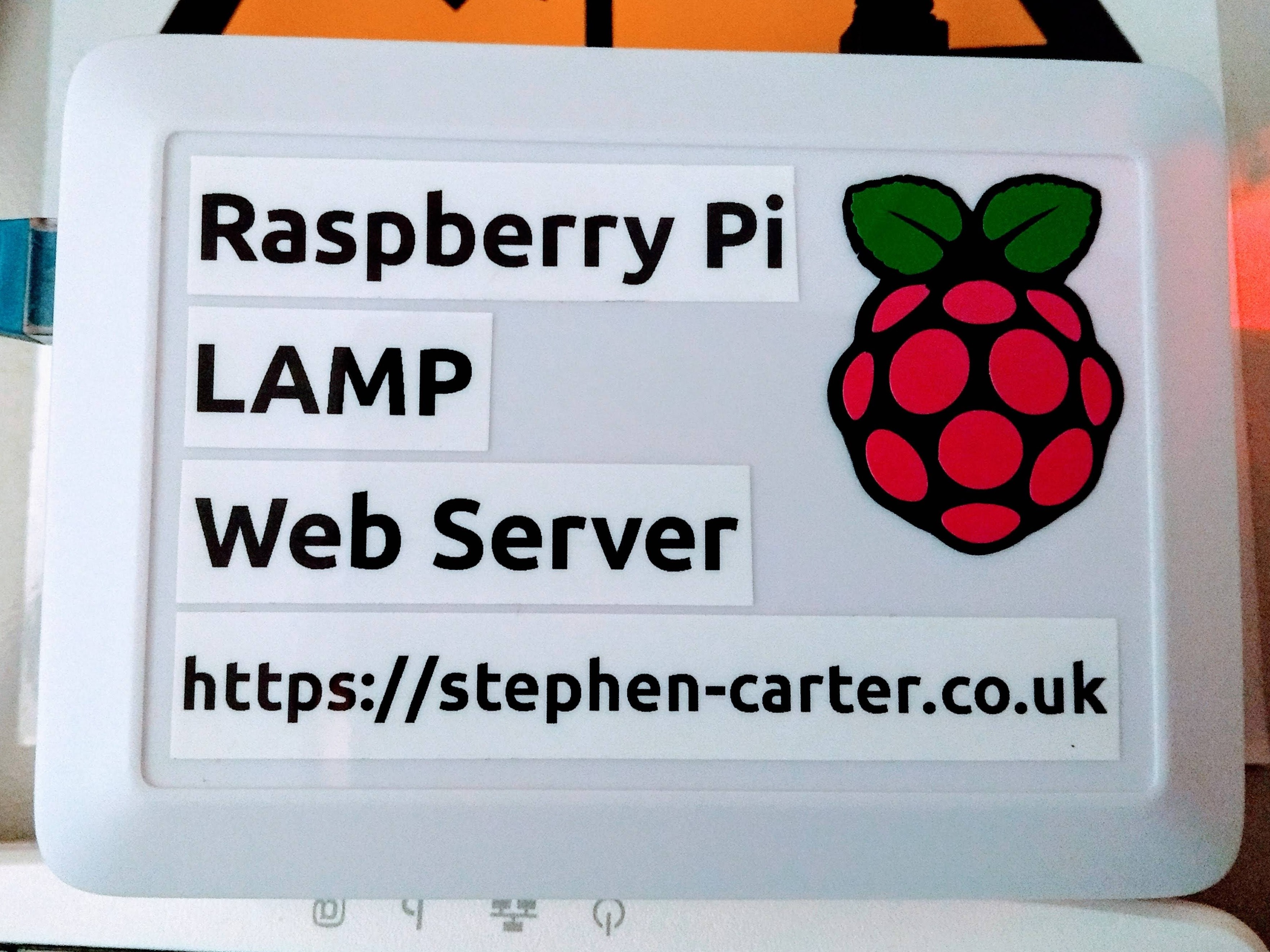Website Design & Development: Behind the Scenes Technology
This website was created from the ground up. It’s still a work in progress as I slowly tweaked and refined it to become as technically perfect as possible. As I build out the content I will begin to add more functionality. There are a number of sites I’m currently working on that are all based on the same bespoke model. All with slightly different requirements and functionalities. Detailed below are the technologies and resources I’ve used to create them.
Hostinger [Virtual Private Server]
Hostinger is a global internet hosting provider known for offering affordable and user-friendly web hosting solutions, including shared hosting, VPS hosting, cloud hosting, and domain registration services. Founded in 2004, the company has grown rapidly, serving millions of users worldwide with data centers strategically located across multiple continents to ensure speed and reliability. Hostinger is particularly popular among small businesses, developers, and beginners due to its intuitive control panel (hPanel), competitive pricing, and 24/7 customer support. It also supports a variety of platforms like WordPress and offers tools for website building, making it a solid choice for launching and managing websites.
AlmaLinux [Server Operating System]
AlmaLinux is a free and open-source Linux distribution designed to provide a stable, enterprise-grade operating system that is binary-compatible with Red Hat Enterprise Linux (RHEL). It was launched in 2021 by the AlmaLinux OS Foundation, a non-profit organisation formed in response to Red Hat’s decision to shift CentOS to a rolling-release model. Aimed at businesses, developers, and server administrators, AlmaLinux offers a reliable, community-supported platform with long-term support and regular security updates. Its compatibility with RHEL makes it a popular choice for those seeking a seamless transition from CentOS, ensuring continuity for production workloads without the cost or vendor lock-in of proprietary alternatives.
CWP7Pro [GUI Control Panel]
CWPpro is the premium edition of Control Web Panel—a Linux-based server management platform tailored for web hosting providers and system administrators. Building upon the features of the free version, CWPpro offers enhanced security, performance, and automation capabilities. Key features include automatic security updates, advanced ModSecurity rules, a security advisor tool, and support for multiple PHP versions simultaneously. It also provides a graphical interface for managing YUM repositories, Varnish Cache integration, and a robust API for billing systems like WHMCS. CWPpro is compatible with Enterprise Linux distributions such as AlmaLinux, Rocky Linux, and CentOS, making it a cost-effective alternative to cPanel for those seeking a powerful yet affordable web hosting control panel.
Laravel [Software Framework]
Laravel is a popular open-source PHP web application framework known for its elegant syntax, powerful features, and developer-friendly tools. Created by Taylor Otwell, Laravel simplifies common tasks such as routing, authentication, session management, and caching, making it ideal for building robust and scalable web applications. It includes a modular packaging system with a dedicated dependency manager (Composer), a powerful ORM called Eloquent, and a templating engine called Blade. Laravel also supports RESTful API development, unit testing, and task scheduling, and it comes with an intuitive command-line tool called Artisan. Its strong community and extensive documentation make it one of the most widely used frameworks for PHP development.
Blade [Website Templating System]
Blade is the powerful, lightweight templating engine used in the Laravel PHP framework, designed to make writing views and layouts more intuitive and efficient. Unlike other templating engines, Blade allows developers to write plain PHP code in their templates, while also providing convenient, readable syntax for common tasks such as loops, conditionals, and template inheritance. Features like @extends, @section, and @yield enable the creation of dynamic and reusable layouts, promoting clean and maintainable code. Blade also supports component-based design and includes built-in security features like automatic output escaping to help prevent XSS attacks. Its tight integration with Laravel makes Blade an essential tool for building structured, maintainable, and interactive web interfaces.
Bootstrap [CSS and JavaScript]
Bootstrap is a popular open-source front-end framework developed by Twitter for building responsive and mobile-first websites and web applications. It provides a comprehensive set of pre-designed HTML, CSS, and JavaScript components, including layouts, forms, buttons, modals, carousels, and navigation elements, which help developers create clean and consistent user interfaces quickly. Bootstrap follows a grid-based system that makes it easy to design flexible layouts that adapt to different screen sizes, improving usability across devices. With built-in support for customisation and a wide community of contributors, Bootstrap remains one of the most widely used tools for rapid web development.
Headless CMS
This open-source data platform provides a dynamic API and intuitive admin app for managing content across SQL databases. Designed to be headless and highly customisable, it enables developers and non-technical users to interact with structured data seamlessly, whether for websites, apps, or internal tools. It connects directly to your existing database without altering the schema, making it ideal for teams that want full control over their data structure. With features like role-based permissions, asset management, and real-time collaboration, it streamlines content operations while staying flexible for both REST and GraphQL use cases.
API [REST]
A REST API (Representational State Transfer Application Programming Interface) is a standardised architecture for building web services that allow communication between clients and servers over HTTP. It operates through stateless requests, meaning each request contains all the information needed to process it, which improves scalability and simplicity. REST APIs use standard HTTP methods—such as GET, POST, PUT, and DELETE—to perform operations on resources identified by URLs. They are widely used due to their flexibility, ease of integration, and compatibility with a variety of clients, including web browsers, mobile apps, and other servers. RESTful APIs are a cornerstone of modern web development, enabling efficient data exchange across distributed systems.
GraphQL [Data Query Language]
GraphQL is an open-source data query language developed by Facebook and released in 2015, designed to optimise how clients interact with APIs. Unlike REST, which relies on fixed endpoints and returns full datasets, GraphQL allows clients to request exactly the data they need—and nothing more—using a flexible, hierarchical query structure. This reduces bandwidth usage and improves performance, especially in complex applications with nested or related data. GraphQL operates over a single endpoint and includes a strongly typed schema, enabling powerful introspection, real-time validation, and comprehensive developer tooling. Its support for queries, mutations, and subscriptions makes it ideal for modern web and mobile applications requiring efficient and dynamic data interaction. With growing adoption and community support, GraphQL is a future-forward alternative for API development in data-intensive environments.
Docker [Development Environment]
Docker is a popular open-source platform that enables developers to build, deploy, and run applications in lightweight, portable containers. These containers package an application along with its dependencies, libraries, and configuration files, ensuring consistent performance across different environments. Unlike traditional virtual machines, Docker containers share the host OS kernel, making them more efficient, faster to start, and less resource-intensive. Docker simplifies development workflows, supports microservices architecture, and enhances scalability, making it a cornerstone of modern DevOps practices. Its ecosystem includes tools like Docker Hub for image sharing, Docker Compose for multi-container applications, and Kubernetes integration for orchestration.
Matomo [Website Analytics]
Matomo is a powerful, open-source web analytics platform that provides detailed insights into website traffic and user behavior while prioritising data privacy and ownership. Unlike Google Analytics, Matomo allows users to host the software on their own servers, ensuring full control over collected data and compliance with privacy regulations like GDPR. It offers features such as real-time analytics, heatmaps, session recordings, conversion tracking, and customisable dashboards. Matomo supports multiple websites, provides detailed visitor reports, and integrates with various CMS and e-commerce platforms. With its strong emphasis on user privacy and data security, Matomo is a popular choice for businesses, governments, and organisations that require transparent and ethical web analytics.
Sea Hero Quest - Project Database and API Design

Build a Raspberry Pi LAMP Web Server

